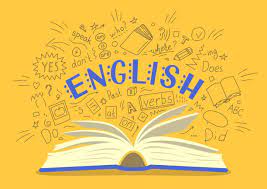English
Statement of intent
Sound English skills are essential for progress across the curriculum and to prepare pupils effectively for tasks of adult life.
All teachers have a responsibility to develop pupils’ competence in reading, writing, speaking and listening in their own subjects and to ensure that pupils become competent users of language, and can access the curriculum effectively and achieve their potential.
St Julie Catholic Primary School:
- Recognises the effect that a confident, fluent and coherent understanding of English will have on a pupil’s progress, both inside and outside of the school environment.
- Understands how a strong grounding in English will impact the future learning and development of a pupil in all aspects of their life
- Provides a balanced and broad curriculum which encompasses writing practice, including handwriting, spelling, widening vocabulary, and writing for different styles, purposes, and audiences, as well as focussing on spoken English, reading, grammar and pronunciation.
- Ensures that all staff members are aware of planning, assessment, teaching and learning requirements for the English curriculum.
- Ensures that all pupils know how to plan, practise and evaluate their work.
- Ensures that all pupils understand all elements of English, as per the national curriculum.
Purpose of study
A high-quality education in English will teach pupils to speak and write fluently so that they can communicate their ideas and emotions to others and through their reading and listening, others can communicate with them. Through reading in particular, pupils have a chance to develop culturally, emotionally, intellectually, socially and spiritually. Literature, especially, plays a key role in such development. Reading also enables pupils both to acquire knowledge and to build on what they already know. All the skills of language are essential to participating fully as a member of society; pupils, therefore, who do not learn to speak, read and write fluently and confidently are effectively disenfranchised.
English Curriculum Overview
At St Julie we develop children’s abilities to listen, speak, read and write for a wide range of purposes. Children learn to use language to communicate ideas, views and feelings. This enables children to express themselves creatively and imaginatively both verbally and through the written word. We aim to share with children the joy of reading and to help them to become enthusiastic and critical readers of stories, poetry and drama, as well as non-fiction and media texts.
Reading and Phonics
Children are given daily opportunities to develop their reading skills. Children learn to read using synthetic phonics. This consists of five levels. This is carried out daily in the EYFS and KS1. Where necessary phonics will continue into KS2. Once children master accurate decoding, a greater emphasis is placed on comprehension. Through reading independently, guided, shared and paired reading children learn to read with confidence, fluency and understanding. Reading takes place with a variety of adults and peers. Home/school reading partnerships support every child to become an independent reader. At St Julie we encourage a love of Reading through a well resourced library, class reading spines special events, themed days, author visits and a very strong partnership with Eccleston library.

![Floppy's Phonics Training [ Pre-Recorded Webinar ] – 12 month access | Floppy's Phonics](https://encrypted-tbn0.gstatic.com/images?q=tbn:ANd9GcSmwobkhjYwQKhkuWMrwsK2yC7gFnGG0YtSIEDSctXXHbdNEof34YpcdHREx6uSeax7ZqE:https://floppysphonics.com/wp-content/uploads/2020/06/floppys_tree.jpg&usqp=CAU)
Writing
As children enter the Early Years Foundation Stage there are writing opportunities in all areas of learning. In KS1 and 2 transcription (spelling and handwriting) and composition (articulating ideas and structuring them in speech and writing) form the basis for what is taught. Children apply the skills they have been taught in all areas of the curriculum. Children are taught how to plan, revise and evaluate their writing. Writing takes place in many forms - through word and sentence level activities, independently, modelled, shared, paired and requires an awareness of audience, purpose and context.
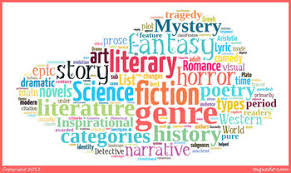
Spelling
Through synthetic phonics children are taught the different ways of spelling sounds and then apply their growing knowledge to write words, captions and sentences. Alongside decodable words, the reading and spelling of common exception/helpful words (those which can't be sounded out) are taught. As children enter KS2 we encourage children to explore words and think about the origins and connections between them. Wordlists for Years 3&4 and Years 5&6 are taught and contain a mixture of frequently used words as well as those that children often misspell. We aim to embed spelling opportunities in all areas of the curriculum using online resources such as Spelling Shed.
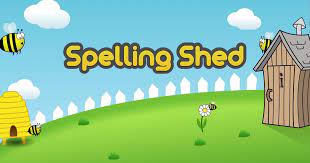
Handwriting
In the Early Years Foundation Stage children develop many pre-writing skills. Correct letter formation is taught in a variety of enjoyable ways. As they become able, children begin to write letters using a variety of materials. Children are taught how to hold their pencil correctly. Children learn to regulate the size of letters which leads to neatly presented work. Children are ready they are taught to join letters which leads to fluent, legible and speedy writing in a cursive style.
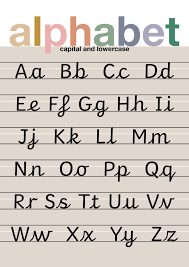
Vocabulary, grammar and punctuation
Through talk and extensive, cross curricular reading, children's vocabulary is strongly developed. Children are taught grammatical concepts and then encouraged to apply and identify these in the written and spoken word. Specific punctuation and grammatical terminology is taught in each year group. In KS2 we call this GPS. We use a variety of resources to help us including CGP resources.
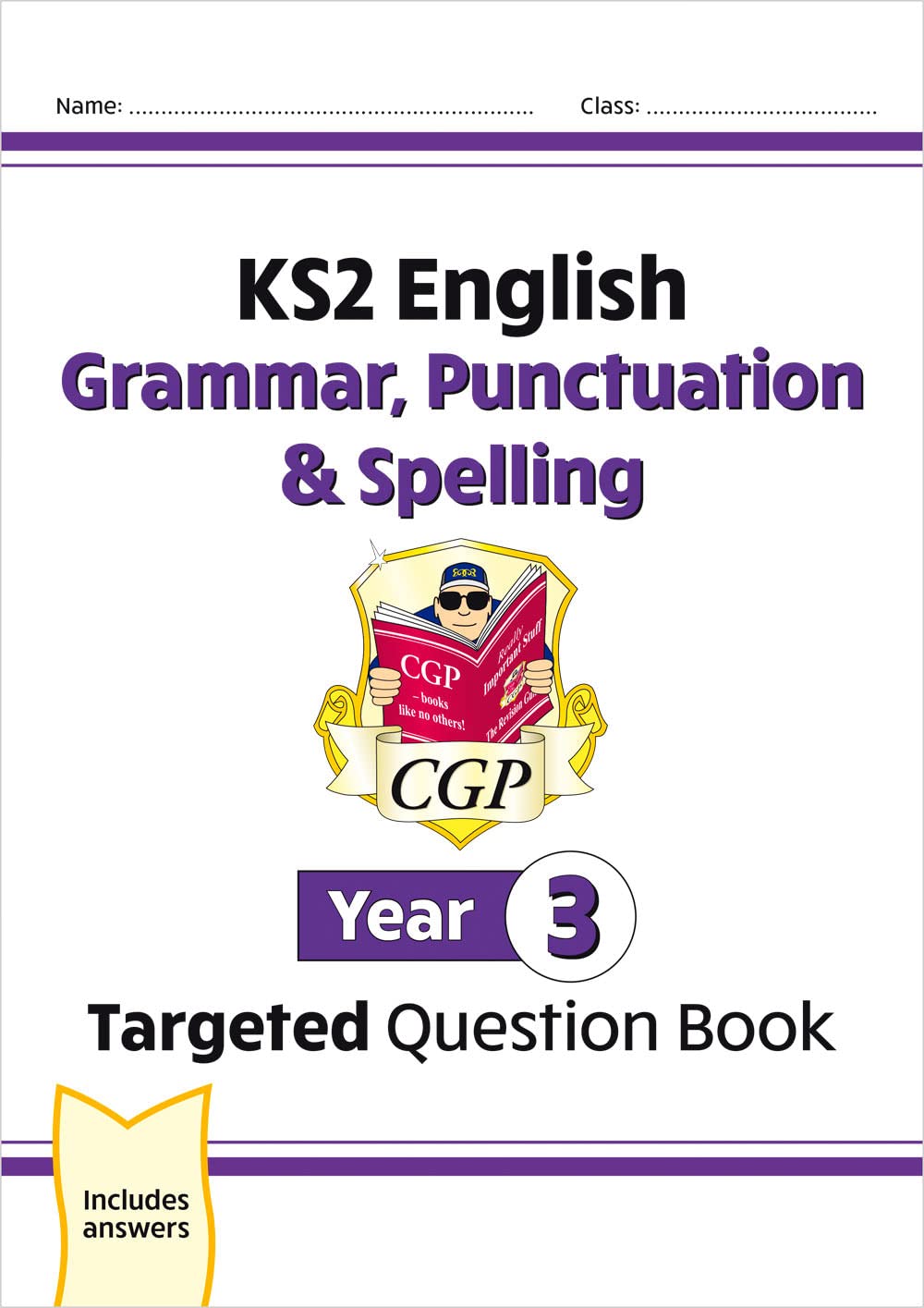
Speaking and Listening
Speaking and listening are not taught as discrete subjects, but are embedded in all aspects of school life, across all areas of the curriculum and are part of everything we do. Pupils are provided with many and varied contexts for talk enabling them to communicate confidently and effectively.

Reading Ambassadors
Reading Ambassadors are chosen for their love of reading, their willingness to share this passion with others and enthusiasm to promote reading throughout the school.
Reading Ambassador roles and responsibilities:
- Promote a love of reading across the school.
- Recommend books to others and talk about their favourite authors.
- Demonstrate exemplary reading behaviours and be an excellent role model for others.
- Keep the library and book areas tidy.
- Be the voice for pupils across the school.
- Read with KS1 and EYFS children
The Reading Ambassadors are made up of pupils from Y2 - Y6
Year 2: Poppy and Arthur
Year 3: Luke and Ella
Year 4: Sam and Ben
Year 5: Veronica and Phinnaeus
Year 6: Thomas and Phoebe
We are delighted to have a published author and poet visiting our school this Term - for further information clink on the link below.
https://www.pauldelaneypoetry.co.uk/school-visiting-days/poetry-and-writing-days/
 St Julie's Catholic Primary School
St Julie's Catholic Primary School